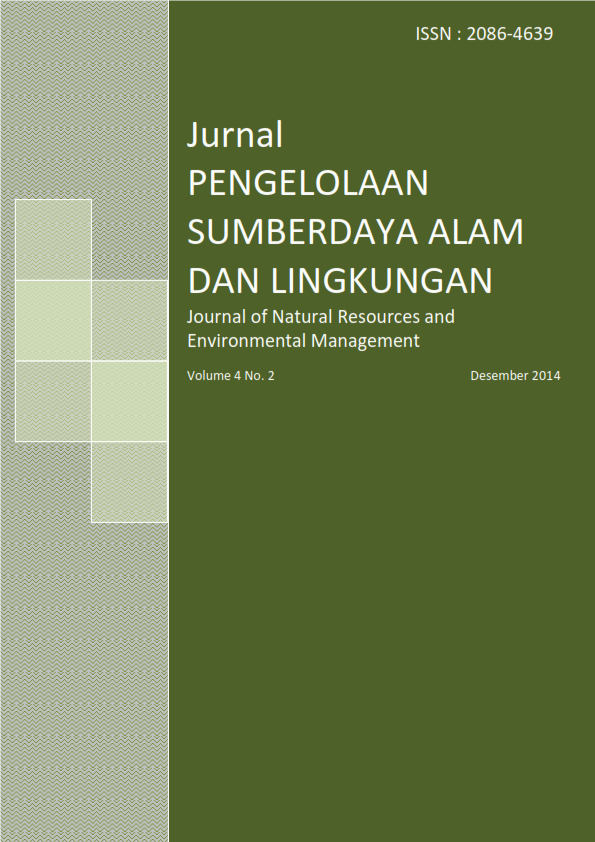POTENSI DAN PEMANFAATAN LIMBAH SUSU BUBUK UNTUK FORTIFIKASI KOMPOS PADA PERTANIAN SAYUR ORGANIK
Abstract
Composting can be use as one of the alternatives solution to managing solid waste. The purposes of this research are (1) Knowing the initial description of the potential milk powder and waste management through surveys (2) Knowing the influence of the concentration of Waste Water Treatment Process (WWTP) sludge as waste decomposers and fortification dose of milk powder. Indicators used are compost quality, yield and growth of leafy vegetables and improvement of soil fertility. This research used 2 factors and 3 replications. Factor A: WWTP sludge concentrations (0%, 10% and 20%) and Factor B: dose fortification of milk wastes powder (0%, 10% , 20% and 30%). Complete factorial designs were used as a tools in this research. The survey shows that the average distributor waste is 2,35% per month. Waste management of milk powder solid waste usually done by burn it with diesel fuel or gasoline. In the industries 68,7% of waste are damaged waste that burn in incinerator. In the quality of compost show that interaction between A and B havehighly significant effect in total of N. The result of fortified compost has met quality standards microbe well as heavy metals. The aplication of fortified compost was increase soil labile C organic. Factor B have significant effect in the width of leaves and yield of vegetable. In the soil fertility show that the interaction between A and B have significant effect in total of Nand K2O .The best combination in this research is A3B4 (20 % WWTP sludge and dosage fortification solid waste 30%dry basis).
Keywords: solid waste management, compost, fortified compost, leafy vegetable, soil fertility
Authors
Authors who publish with this journal agree to the following terms:
- Authors retain copyright and grant the journal right of first publication with the work simultaneously licensed under a Creative Commons Attribution License that allows others to share the work with an acknowledgement of the work's authorship and initial publication in this journal.
- Authors are able to enter into separate, additional contractual arrangements for the non-exclusive distribution of the journal's published version of the work (e.g., post it to an institutional repository or publish it in a book), with an acknowledgement of its initial publication in this journal.
- Authors are permitted and encouraged to post their work online (e.g., in institutional repositories or on their website) prior to and during the submission process, as it can lead to productive exchanges, as well as earlier and greater citation of published work (See The Effect of Open Access).






